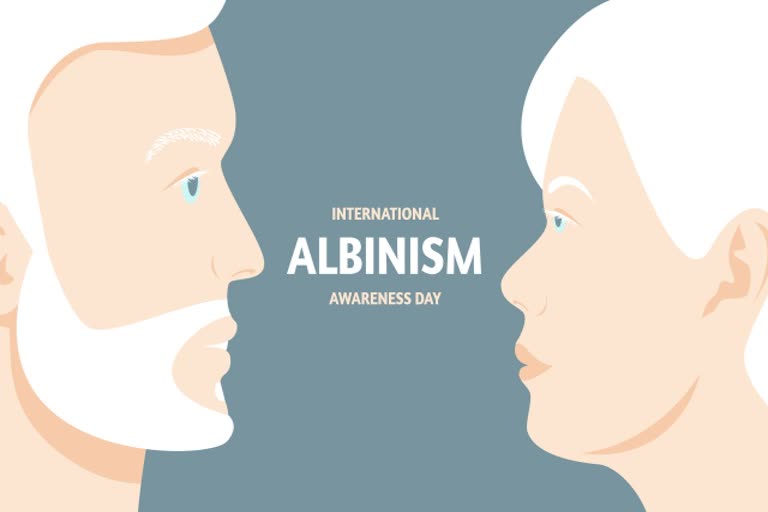You must have come across an albino at least once in your life. To understand it in a better way, you must have seen people having white or lighter than normal skin, hair, and eyes. They may not appear normal, but they are a part of society and should be treated with equality.
“It reflects the resilience, perseverance, and achievements of people with albinism in the face of pervasive misconceptions, discrimination, and violence. Despite these obstacles to well-being and security, leaders of organizations representing persons with albinism continue to work hard to support the most vulnerable. I am encouraged that persons with albinism are increasingly taking their rightful place in decision-making platforms around the world”, states the Secretary-General of United Nations (UN), António Guterres.
The theme of this year is “Strength Beyond All Odds". This theme is chosen to:
- Highlight the achievements of people with albinism around the world.
- Show that people with albinism can defy all odds.
- Celebrate how people with albinism worldwide meet and exceed expectations in all domains of life.
- Encourage everyone during this time of a global pandemic to join the global effort to #BuildBackBetter
According to the UN statistics, it is estimated that in North America and Europe 1 in every 17,000 to 20,000 people have some form of albinism. The condition is much more prevalent in sub-Saharan Africa, with estimates of 1 in 1,400 people being affected in Tanzania and prevalence as high as 1 in 1,000 reported for select populations in Zimbabwe and for other specific ethnic groups in Southern Africa.
What Is Albinism?


